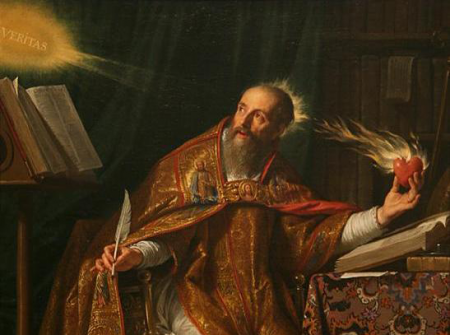Forms of Love, the first year spring semester core course, asks students to explore that exceptional and ordinary thing: love. How is love different between cultures, across the ages, for a friend, a mother, a lover, or God? This year’s Love Core looks primarily at the ideas of love, foundational to European societies, which derived
TagForms of Love
Two Loves
We spent the whole of last term talking about love and the many different ways it strikes us. Coming from the East, I was introduced to a whole different set of values associated with love and its manifestations. A very basic observation is that in Eastern cultures when people fall in love, they avoid public
St. Augustine’s Love
After spending week three deliberating on various part of the Bible for the AY/BA1 core course on Forms of Love, we waded deeper into the ocean of Christian ideals by reading St. Augustine’s Confessions. Acting as an intellectual lifeguard of sorts, Johannes Zachhuber was our guest lecturer for Monday. He studied theology in Rostock, Berlin
On Love and Friendship
Week Two of the winter term kicked off with a discussion of the Forms of Love. To enhance our perspective on the topic, Craig Williams, who studied Classics at Yale University and is the author of Roman Homosexuality and Reading Roman Friendship (forthcoming), as well as various articles and reviews on Latin poetry and Roman
Guest Lecture: Dr. Mark Edwards on Saint Augustine’s Confessions
On February 2, this term’s core course on Forms of Love (AY, BA) had a new guest: Dr. Mark Edwards, who lectured on February 1st & 3rd on Saint Augustine’s Confessions. Dr. Edwards is a graduate of Oxford University with a PhD. in Literae Humaniores. He is now a Tutor in Theology and his main interests
Guest Lecture: Dr. Simon May on the Unconditional Love in the Christian Tradition
On January 18, Dr. Simon May visited ECLA to lecture students on Christian love in reference the gospel of Matthew. Dr. May is Fellow in Philosophy at Birkbeck College, University of London. Dr. May’s lecture focused on two related questions: firstly, how did Christianity develop the idea of love as the supreme value? Secondly, is

